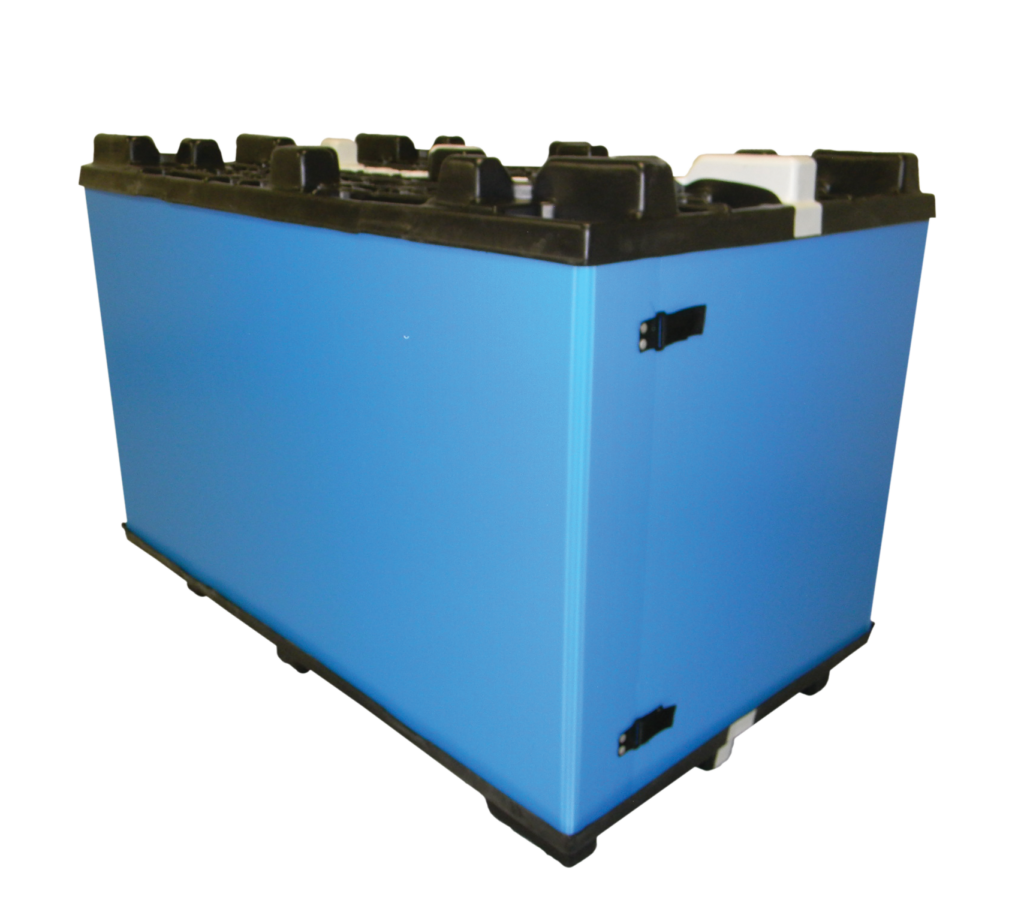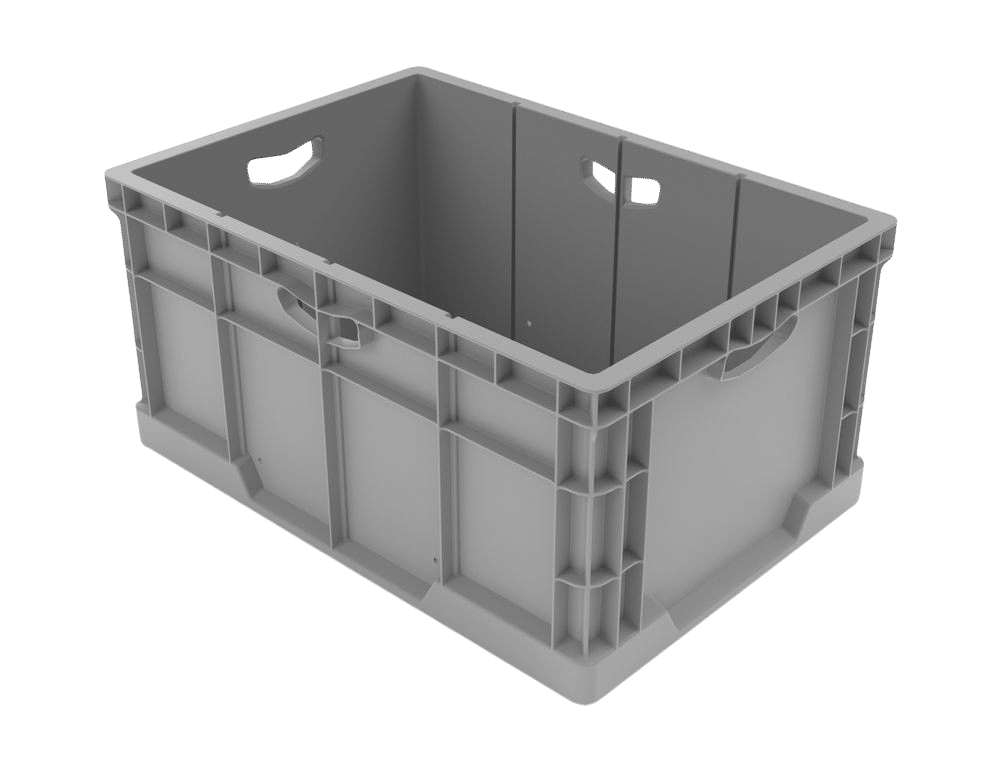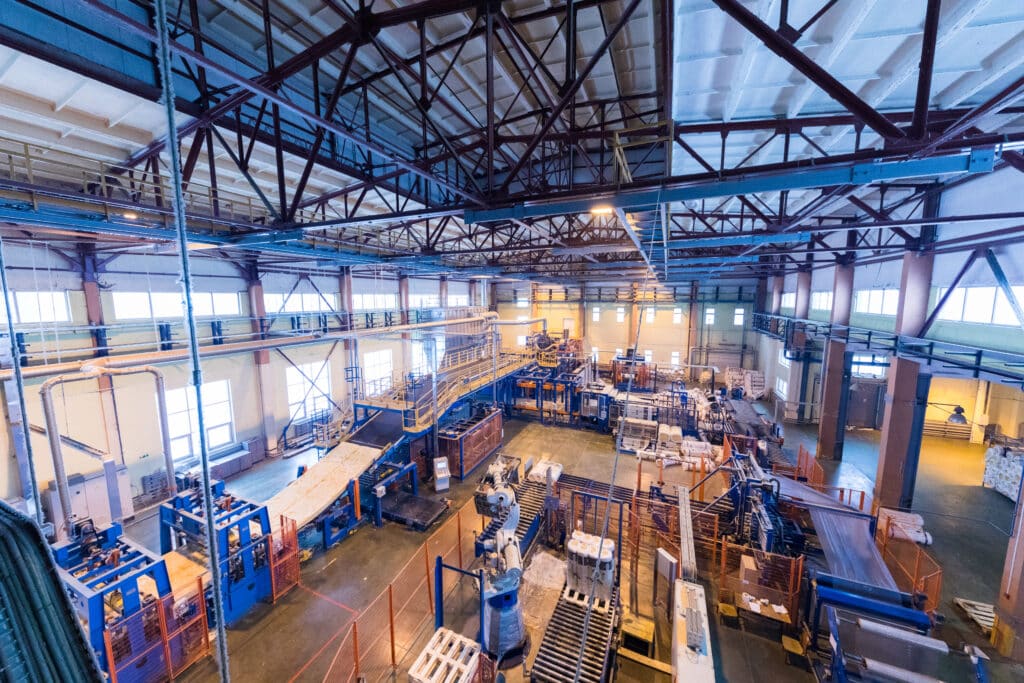In the bustling world of manufacturing and packaging, Work-in-Progress (WIP) is a pivotal concept that lies at the heart of production lines and supply chains. It represents the intermediary stage of production where goods are partially completed, yet to become the finished products that meet consumer demands.
Understanding WIP and its associated costs is not just critical for maintaining operational efficiency—it is an essential piece of the puzzle for keeping profit margins healthy and businesses thriving.
Yet, managing WIP effectively is no simple feat. It involves striking a delicate balance between various stages of production, inventory levels, and the cost implications tied to these unfinished goods.
In this blog post, we will demystify WIP, examining its significance within production and costing, and delve into the challenges and best practices of WIP management. Moreover, we’ll explore how innovative packaging solutions, like those offered by Universal Package, can streamline WIP processes—bolstering both the bottom line and operational flow.
Join us as we unpack the intricacies of Work-in-Progress and its profound impact on the manufacturing and packaging industries.
Defining Work-in-Progress (WIP) in Manufacturing and Packaging
Work-in-Progress (WIP) is the term used in manufacturing and packaging to describe goods that are at various stages of production. These items have begun their transformation from raw materials to finished products but have not reached the final stage where they can be sold to consumers. WIP includes all the materials, labor, and overhead costs incurred for products that are not yet fully manufactured.
In the context of inventory types, WIP is distinct from raw materials, which are the unprocessed inputs used to produce goods and finished goods, which are the completed items ready for sale.
The classification of inventory as WIP is essential for accurate accounting and management in the manufacturing process. For manufacturers and packaging companies, WIP encompasses the items that are undergoing processing or assembly, including unfinished goods at various stages on production lines.
The Significance of WIP in Production and Costing
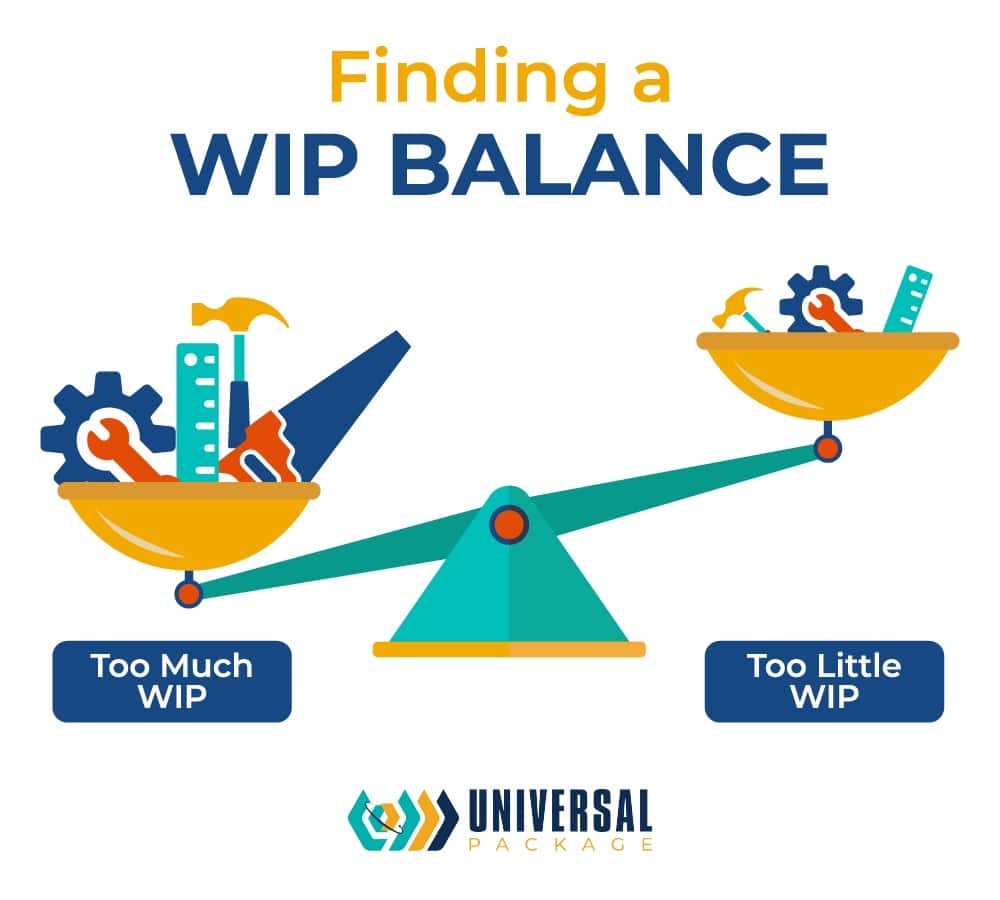
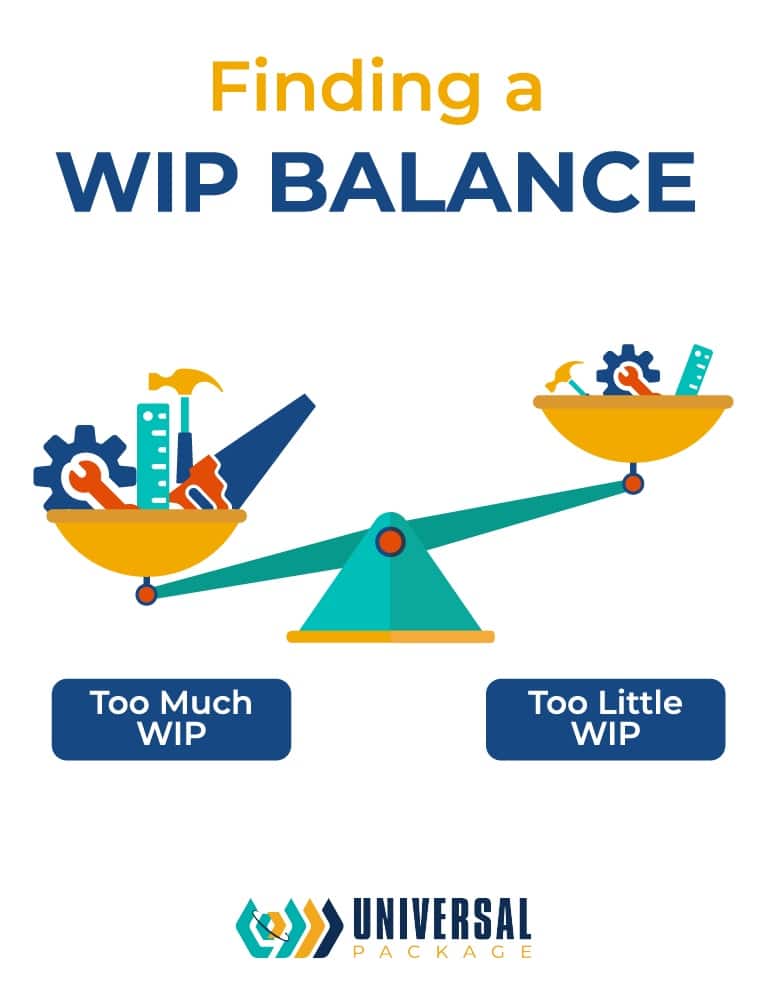
Work-in-Progress (WIP) plays a pivotal role in the manufacturing and packaging industries by directly affecting operational efficiency and the smoothness of production flow. Too much WIP can create bottlenecks, owing to the capital tied up in inventory that could be better allocated elsewhere. Conversely, too little WIP can cause production delays if subsequent stages are left waiting for components, hindering the overall throughput of a manufacturing system.
Understanding and managing WIP cost is crucial for maintaining healthy profit margins. WIP constitutes a significant portion of the total cost required to produce goods, factoring in all direct and indirect expenses incurred for partially completed items. This cost influences overall production expenses, as excessive WIP ties up capital that could otherwise be used for investment or to improve cash flow.
In financial statements, WIP is a key component of inventory valuation, impacting balance sheets and influencing investors’ and stakeholders’ perceptions of a company’s operational efficiency and financial health.
Challenges Associated with WIP Management
Work-in-Progress (WIP) management is fraught with challenges that can disrupt the balance of production and finances.
Overestimating WIP can lead to a bloated balance sheet, while underestimating it may result in a company undervaluing its assets, potentially misinforming investors or other stakeholders about the health of the business. Accurate appraisal of WIP is critical to ensure financial statements reflect true business performance.
Excessive WIP can be a sign of inefficiency within the production process, often resulting in higher storage costs and increased risk of product obsolescence, particularly in industries where product life cycles are short. Moreover, too much WIP can tie up capital that might be better invested elsewhere in the business.
Managing WIP effectively is therefore not only a matter of operational efficiency but also of strategic financial planning, as it involves forecasting and planning to align production closely with demand.
Best Practices for Efficient WIP Management
Implementing lean manufacturing techniques is a cornerstone of efficient WIP management. By focusing on value and reducing waste, companies can streamline production processes, leading to reduced WIP levels and associated costs. Lean practices such as cellular manufacturing, total quality management, and continuous improvement are instrumental in keeping WIP to a minimum.
The use of Just-In-Time (JIT) production is another strategic approach to aligning WIP with demand. JIT aims to produce and deliver products as they are needed, thus decreasing WIP levels and reducing the costs of holding inventory. Moreover, real-time inventory tracking systems play a pivotal role in managing WIP by providing accurate data for forecasting and planning, ensuring that production aligns with current market demands and minimizing the likelihood of overproduction.
The Role of Packaging in Streamlining WIP
Effective packaging solutions play a pivotal role in protecting Work-in-Progress inventory from damage, which is a significant concern for manufacturers. By safeguarding items during the production process, businesses can avoid the losses associated with scrapped materials or rework due to preventable damage. However, packaging serves a more fundamental role in the optimization of WIP and its associated costs.
Customized packaging tailored to the specific needs of WIP items can greatly enhance handling and storage efficiency. By designing packaging that accommodates the unique size, shape, and sensitivity of WIP, manufacturers can streamline the transition of goods through various production stages. Moreover, optimized packaging can facilitate better organization within the production area, leading to a more efficient workflow and easier access to required WIP items.
Universal Package’s Contribution to WIP Optimization
Universal Package has carved a niche in the packaging industry with its bespoke packaging solutions designed to enhance Work-in-Progress (WIP) optimization. By understanding the unique demands of the manufacturing and packaging sectors, Universal Package develops customized packaging that aligns with the specific needs of their clients. This approach not only streamlines the WIP process but also addresses the individual challenges faced by different companies.
Through a variety of case studies, Universal Package demonstrates a track record of improving WIP management for its clients. These real-world examples illustrate the tangible benefits that companies have experienced, such as reduced WIP costs, improved operational efficiency, and minimized product damage during the production process.
By partnering with Universal Package, businesses can leverage expert guidance and tailored solutions to achieve significant advancements in their WIP handling and overall production strategies.
Enhance Production In Your Industrial Workflow

Understanding the intricacies of Work-in-Progress management is more than just an operational necessity; it’s a strategic move that can significantly impact the financial health and agility of your manufacturing or packaging operation.
By adopting best practices and leveraging innovative solutions, you can transform WIP from a challenge into an opportunity for growth and efficiency.
At Universal Package, we recognize the complexities you face and stand ready to support you with customized packaging solutions that align with your unique WIP needs. Our expertise in designing packaging that enhances and protects the value of WIP items is unmatched, and our proven results speak for themselves. From reducing waste to promoting sustainability, we strive to help you achieve efficient processes and cost savings beyond your expectations.
Let’s collaborate to elevate your WIP management. Reach out to us at Universal Package, and together, we will streamline your operations, minimize your WIP costs, and push your business toward its full potential.

